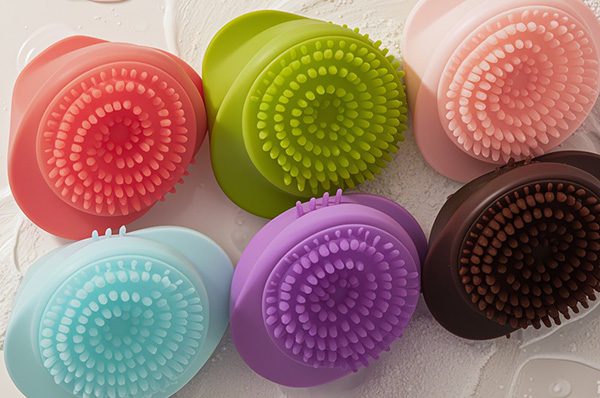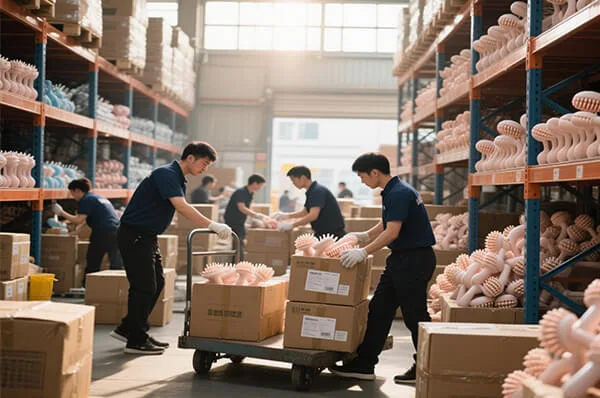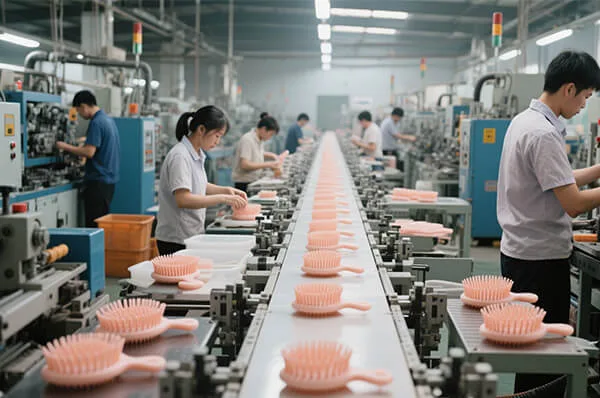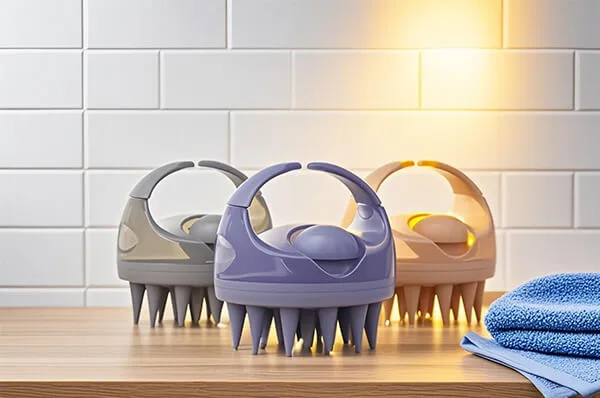- Have any questions?
- +86 19574832024
- admin@beaut-lohas.com
In today’s globalized market, consumer products travel across borders, and their success or failure in different regions often hinges on cultural nuances. Silicone body scrubbers, a popular tool in personal care, are no exception. Understanding how cultural differences shape their acceptance and usage patterns provides valuable insights for manufacturers, marketers, and consumers alike.
In Western cultures, with an emphasis on individualism and self-care, silicone body scrubbers have found a receptive audience. People are accustomed to investing in products that enhance personal grooming and promote a sense of well-being. In the United States, for instance, the fitness and beauty culture thrives, and consumers are constantly seeking innovative ways to exfoliate and rejuvenate their skin. Silicone body scrubbers, with their gentle yet effective exfoliating properties, fit neatly into this lifestyle. Advertisements often highlight the scrubbers’ ability to slough off dead skin cells, leaving the skin smooth and glowing, appealing to those who value a polished appearance. This has led to widespread adoption, not only in homes but also in spas and salons, where they are used as part of professional beauty treatments.
Conversely, in some Asian cultures, the approach to personal care can be more conservative. In Japan and South Korea, traditional bathing rituals have deep roots. While the pursuit of beautiful skin is equally strong, it is intertwined with time-honored practices. For example, in Japan, the use of a traditional washcloth, known as a “tenugui,” has been prevalent for centuries. The introduction of silicone body scrubbers faced initial resistance as they deviated from the familiar routine. However, as globalization seeps in and younger generations embrace new trends, the acceptance is gradually growing. Here, the marketing angle has shifted to emphasize compatibility with existing regimens. Brands promote silicone scrubbers as a supplementary tool that can enhance the efficacy of traditional cleansing, respecting the cultural attachment to heritage while introducing modern innovation.
In Middle Eastern cultures, where hospitality and communal living play significant roles, personal care products sometimes have a different significance. Bathing is not only a private affair but also a preparation for social interactions. Silicone body scrubbers, with their hygienic and durable qualities, are starting to gain traction. They are seen as practical tools that can help individuals maintain a clean and presentable appearance, conforming to social norms that place importance on personal hygiene in a communal context.
Moreover, religious and ethical beliefs also factor in. In some cultures with strict religious observances regarding cleanliness, the materials and design of the scrubbers must adhere to specific guidelines. For example, silicone’s non-porous and easy-to-clean nature might be favored in cultures where purity and the avoidance of impurity are emphasized, as it can be thoroughly sanitized.
In conclusion, cultural differences undeniably mold the acceptance and usage patterns of silicone body scrubbers. Manufacturers and marketers need to be acutely aware of these distinctions to tailor their strategies. By respecting cultural traditions, adapting to local preferences, and highlighting relevant benefits, they can unlock the potential of silicone body scrubbers in diverse regions. For consumers, understanding these cultural underpinnings can enrich their choices, allowing them to incorporate these useful tools in a way that aligns with their cultural identities and personal care goals. Only through this cross-cultural understanding can silicone body scrubbers truly make a global splash.




